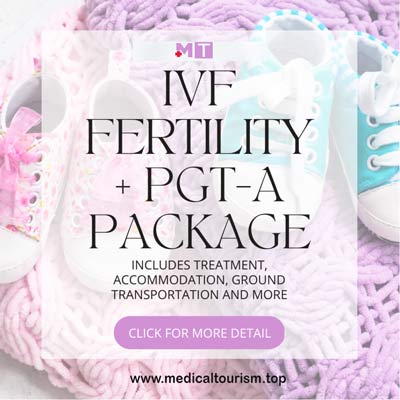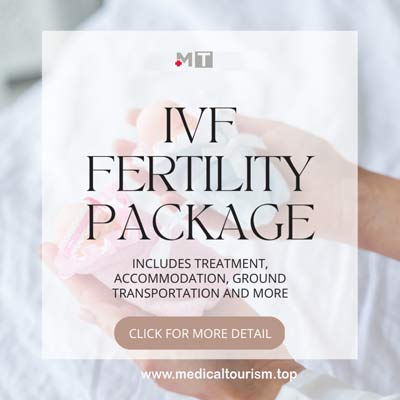
In Vitro Fertilization (IVF)
In vitro fertilization (IVF) is a procedure designed to improve fertility in patients who have not been successful with ovulation induction or intrauterine insemination, or who are not candidates for those more conservative treatments. An egg (or several eggs) is surgically removed from the ovary and fertilized within a laboratory environment. The fertilized egg, now considered an embryo, is then implanted into the uterus.
Who are good candidates for IVF?
- Women who have absent or non-surgically repairable fallopian tubes
- Women who have endometriosis and haven’t been able to achieve pregnancy after medical or surgical treatment
- Women who have ovulatory dysfunction who haven’t been able to achieve pregnancy after regular ovulation induction
- Women with a history of DES exposure during pregnancy (T-shaped uterus)
- Couples experiencing unexplained infertility
- Couples for whom the partner or husband has a very low sperm count
What is the IVF process?
Follicular development. In order to stimulate follicles in the ovaries to produce healthy, mature eggs, a woman receives injectable hormones administered at home for a period of 10 to 20 days. (The Fertility Center provides free orientation classes to help couples become comfortable with this process.)
Intensive follow-up every three to four days by blood test and ultrasound are important for the appropriate medical treatment. The eggs develop inside fluid-filled cysts called follicles. Once the follicles reach 18 millimeters in diameter, the patient receives a different hormone to complete the maturation of the eggs. This is also administered at home by injection.Egg retrieval. Egg retrieval can be performed on an outpatient basis, while the patient is under light sedation. Using ultrasound guidance, the follicle (containing the egg) is aspirated through the vagina to check for mature eggs. After looking at the fluid under a microscope in an adjacent lab, your doctor determines if there are enough eggs to proceed.
Sperm preparation and egg fertilization. After the eggs are collected and classified, fertilization takes place. The partner/husband provides a semen sample. The sperm is processed in the lab to prepare it for fertilization. Classically, fertilization is carried out by conventional IVF (sperm and egg unite in a plastic dish in the lab using a special culture medium), providing that semen parameters are normal.
Embryo transfer. In IVF procedures, after fertilization and embryo development, the next step is an embryo transfer. Embryo transfer is a process to deposit embryos into the uterine cavity by using a fine catheter that is passed through the cervix.
In general, the procedure is monitored by a trans-abdominal ultrasound. The embryos are usually transferred five to six days after the insemination, called the blastocyst stage. The number of embryos to be transferred is determined by the age of the patient, the quality of the embryos and other related factors. A pregnancy test is administered two weeks after embryo transfer. Any remaining embryos can be cryopreserved (frozen) in the lab for future use, if desired. The Johns Hopkins Fertility Center adheres to the American Society for Reproductive Medicine Guidelines on the number of embryos to transfer.Pregnancy testing. Pregnancy tests are usually performed approximately two weeks after embryo transfer by blood and urine testing. After pregnancy is determined, your doctors will follow you during the early stages of pregnancy until the presence of the heartbeat is documented in the fetus. A blood pregnancy test is required every two to three days during the first week, followed by weekly ultrasounds until a heartbeat is detected.
What are IVF success rates?
Our IVF program serves a variety of patients. Due to our vast experience in treating patients who have had multiple IVF failures, we provide individualized protocols according to the patient’s response. At the Fertility Center, our doctors have a particular interest in “poor responder” patients and in patients with base-line elevation of the follicle stimulating hormone. Many fertility centers refer those patients to donor egg programs. Our doctors consider that the last resort once we have exhausted all our efforts to assist these couples in having their own biological child.
Cost of IVF Treatment
The average cost of a IVF Treatment in Europe is €4,000. But the prices in Iran and Turkey are much lower than USA and Europe and even lower than India. To see the price, visit the Treatment-Prices.
Related Packages


